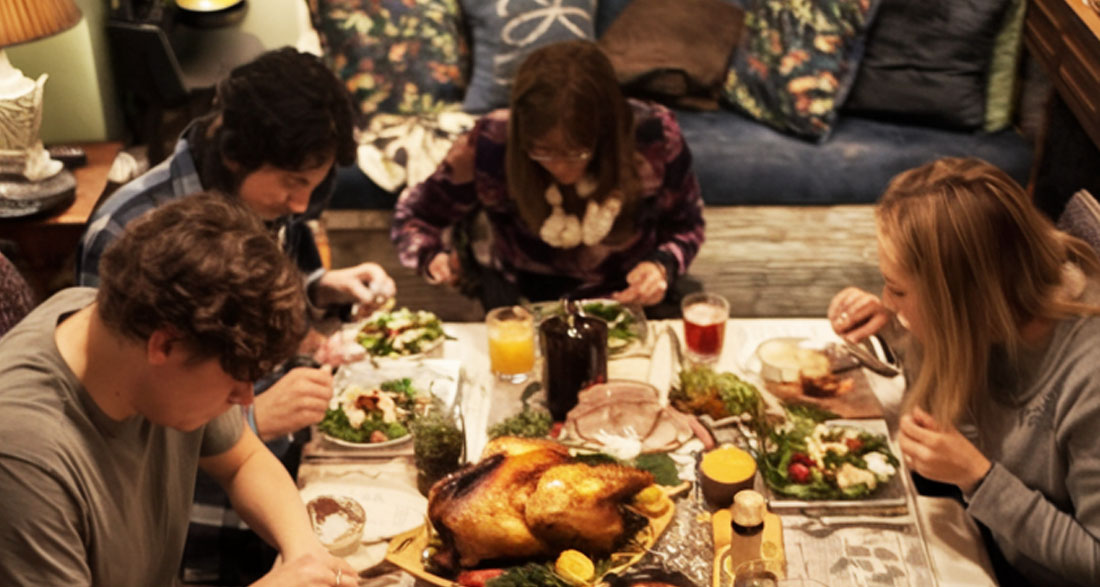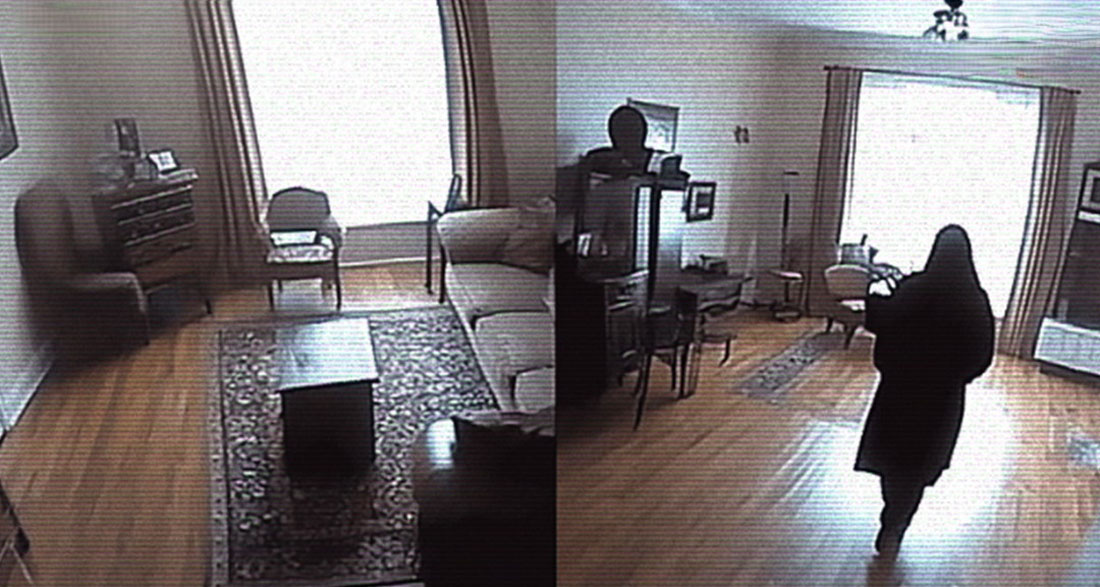My wife, Megan, always put her heart into preparing our family’s monthly dinners. But instead of gratitude, she got nothing but harsh comments from my relatives. Seeing her cry time and again, I knew I had to find out why they were so critical. What I uncovered broke my heart.
Our family had a tradition of hosting monthly dinners, a practice that started with my grandmother. She believed that sharing meals brought family closer. My dad continued this tradition, and my siblings and I looked forward to it each month. These dinners were special—Dad would decorate the house, and Mom always made sure there were at least three homemade dishes.
When Megan and I started hosting, she was excited to join in. She loved cooking and found it therapeutic, so she gradually took over the kitchen duties. But the first time she cooked for my family, things went wrong.
“I knew something tasted off,” my sister Angela said, pushing her plate away. “It’s just bland.”
“Yeah, the chicken’s dry,” Dan, my brother, added.
Even my mom joined in, saying, “Maybe a bit less seasoning next time.”
Megan’s face fell. I tried to defend her, praising the food, but it was too late. Later that night, I found her in tears. Despite my assurances that her cooking was great, Megan was devastated. She didn’t want to cook for my family again, but I convinced her to give it another shot.
The next dinner, Megan worked hard to perfect her dishes. She made my mom’s favorite roasted chicken and Angela’s beloved red sauce pasta. But again, their reactions were cold. Angela complained that the pasta was awful, and my mom discreetly spit out the chicken, offering Megan her own recipe. Seeing Megan’s silent tears was unbearable.
That’s when I realized something was wrong. I suspected their criticism had nothing to do with the food. Determined to uncover the truth, I devised a plan. For the next dinner, Megan and I would pretend I had cooked everything, even though she would be the one preparing it all.
Megan agreed reluctantly. When my family arrived, I proudly announced that I had made dinner, using Mom’s recipe for the chicken. As expected, they loved it. Angela raved about the pasta, calling it the best she’d ever had, and everyone praised the meal like it was from a five-star restaurant.
But I knew the truth—this was the same food Megan had made before, the very dishes they had harshly criticized. The difference? They thought I had cooked them.
“I need to confess something,” I said, getting everyone’s attention. “I didn’t cook anything. Megan made this dinner, just like she’s been doing for months.”
The room fell silent. My mom’s face turned red with embarrassment, and Angela avoided eye contact. They tried to backtrack, suggesting that Megan must have improved her cooking, but it was too late. The truth was out.
Later that night, I apologized to Megan for everything she had endured. I was done with these monthly dinners. I told her we wouldn’t be hosting or attending anymore if all they wanted to do was humiliate her. Despite her initial protests about family traditions, I was firm. Megan deserved better than their constant disrespect.
After we skipped a few dinners, my family began asking questions. I told them plainly that we weren’t coming back. “You ruined it by constantly criticizing Megan,” I told my mom during a phone call.
“Are you serious, Brandon? You’re choosing her over us?” she yelled. But I didn’t let her guilt trip me. My decision was final.
Later, my younger sister Gloria confirmed my fears. “Mom and Angela never really liked Megan,” she admitted. “They only pretended to because they knew you wanted to marry her. They think she’s too different, not ‘family’ enough.”
Hearing that solidified my decision. I knew I had done the right thing by standing by Megan. She deserved a family that appreciated her for who she was, not one that tore her down.
As we moved forward, Megan and I began to create our own family traditions—ones built on love, respect, and kindness, where every meal felt like home, no matter who cooked it.








































